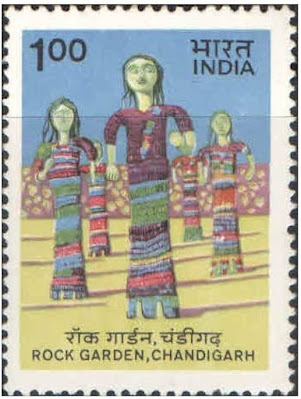Chandigarh, the capital city of both Haryana and Punjab, was declared a Union Territory on November 1, 1966. This decision was made following the reorganization of states in India, which was enacted through the Punjab Reorganization Act of 1966.
Prior to this reorganization, Chandigarh had served as the capital of Punjab. However, due to linguistic and regional divisions, it was decided to make Chandigarh a Union Territory to serve as a neutral capital for both Haryana and Punjab. The city was planned and designed by the renowned Swiss-French architect Le Corbusier and has since become known for its well-planned urban layout and modern architecture.
The reorganization allowed Chandigarh to continue serving as the capital of both Haryana and Punjab, even though they are separate states with their own governments. This arrangement was made to ensure that neither state had an advantage or disadvantage in terms of access to the capital.



.jpg)
.jpg)




